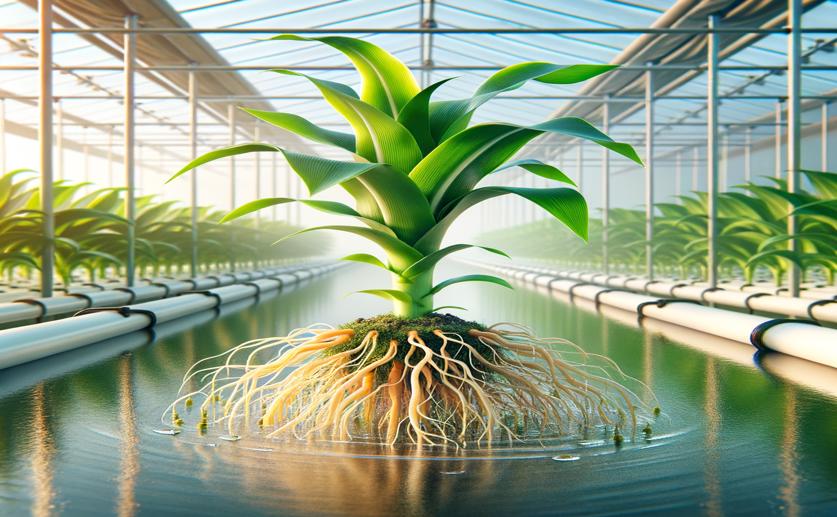
Silicon Helps Corn Grow Better and Resist Boron Toxicity in Hydroponic Systems
Jenn Hoskins
15th June, 2024

Image Source: Natural Science News, 2024
Key Findings
- The study at the University of Maragheh found that applying silicon (Si) to maize plants can reduce the toxic effects of excessive boron (B)
- Silicon application increased both fresh and dry weight of maize plants, even under high boron stress
- Silicon helped maintain higher chlorophyll levels in maize leaves, improving photosynthesis and overall plant health under boron toxicity
AgricultureBiochemPlant Science
References
Main Study
1) Role of silicon in alleviating boron toxicity and enhancing growth and physiological traits in hydroponically cultivated Zea mays var. Merit
Published 14th June, 2024
https://doi.org/10.1186/s12870-024-05275-2
Related Studies
2) Plant nutrition for sustainable development and global health.
3) Boron Toxicity and Deficiency in Agricultural Plants.
4) Foliar application of silicon boosts growth, photosynthetic leaf gas exchange, antioxidative response and resistance to limited water irrigation in sugarcane (Saccharum officinarum L.).



 7th June, 2024 | Jenn Hoskins
7th June, 2024 | Jenn Hoskins